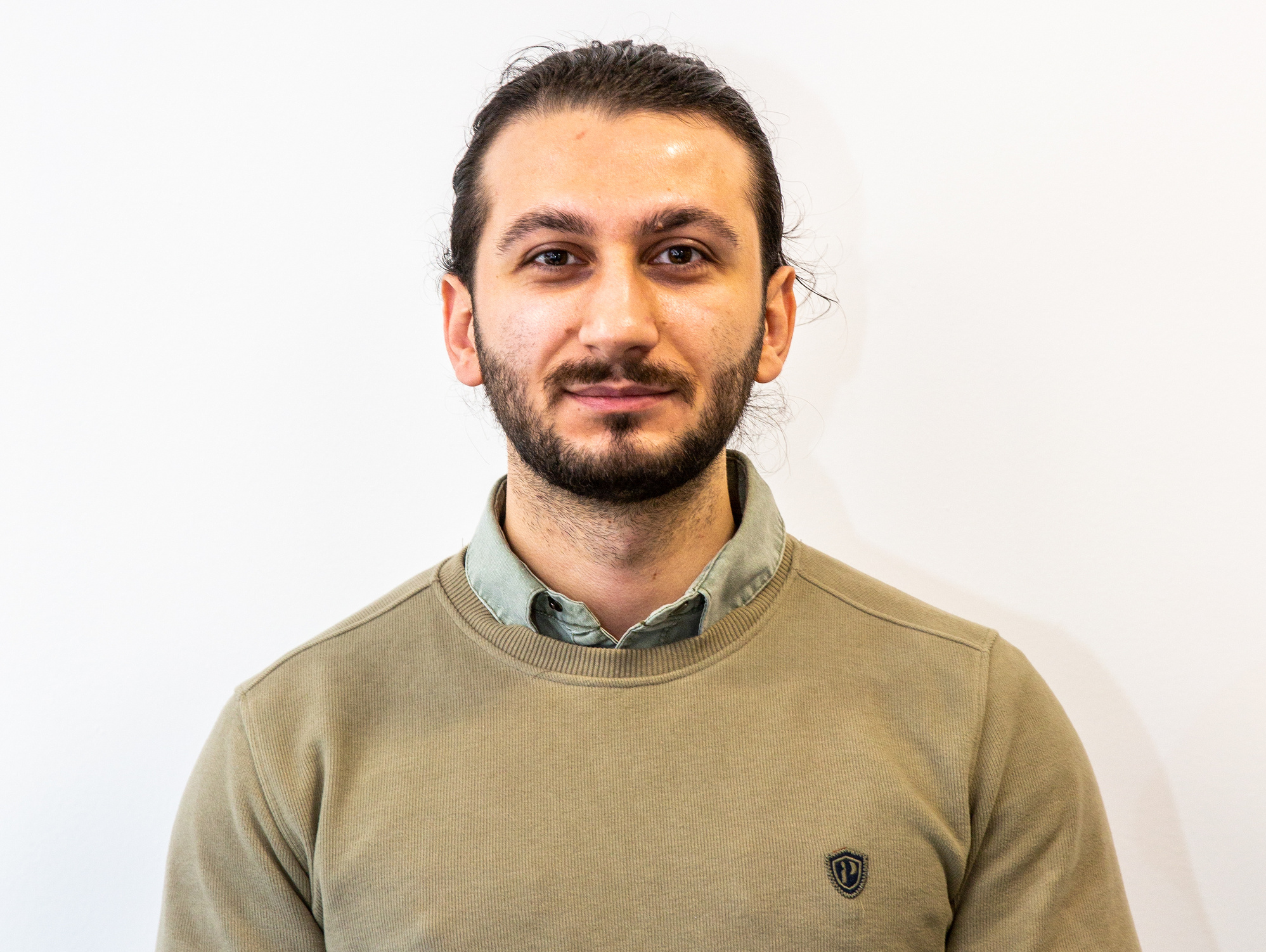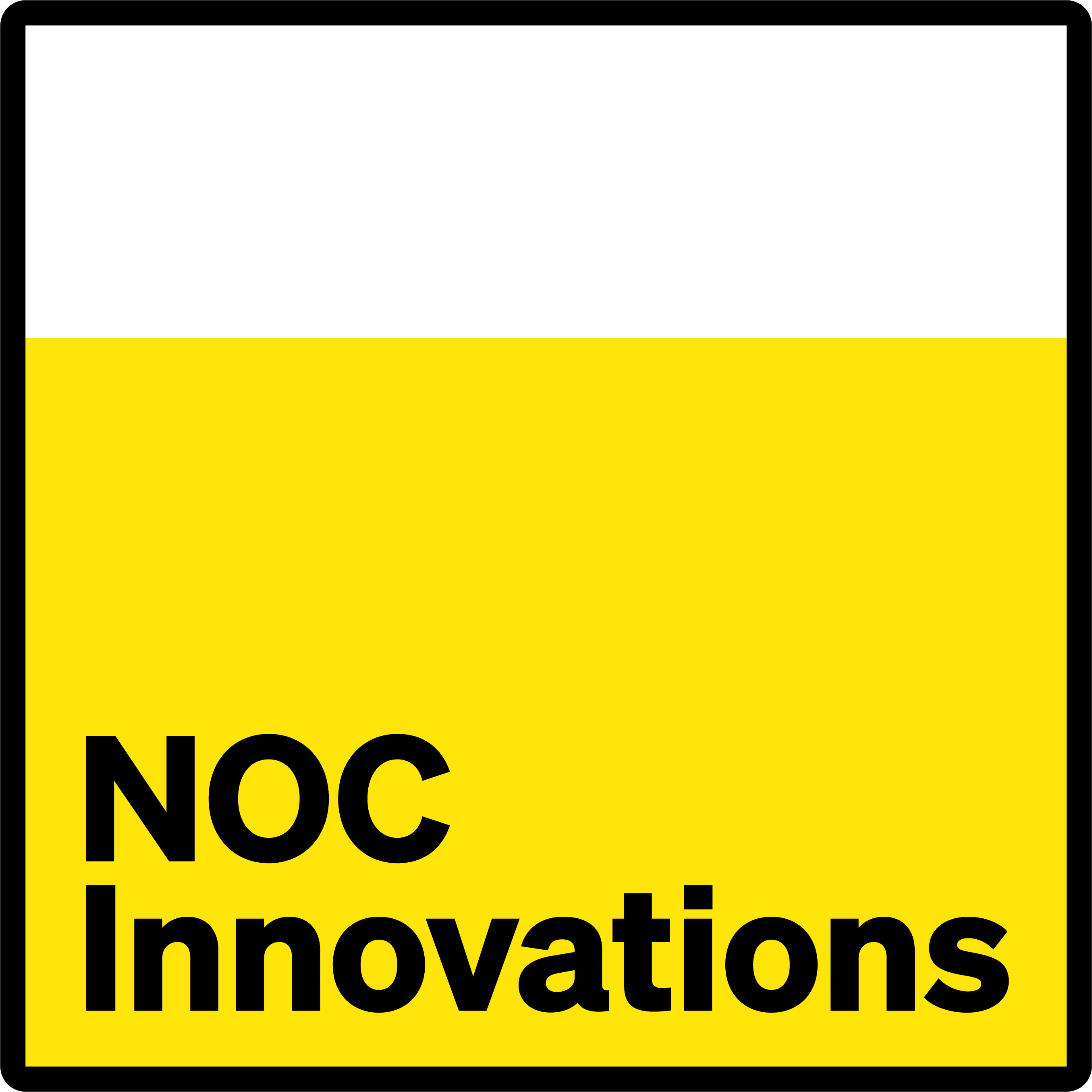Get to know our Transparent Ocean PhD Student, Hamidreza Farhadi Tolie. Originally from Iran, Hamidreza has been part of the Transparent Ocean team at the NSC since February 2022. He earned his MSc in Computer Science - Data Mining from the Institute for Advanced Studies in Basic Sciences, Zanjan in 2021 and his BSc in Information Technology Engineering in 2018.
What is your research all about?
My research focuses on multimodal image sensing and deep learning for subsea applications. Specifically, I address the limitations of optical imaging in underwater environments by developing image quality assessment (IQA) and enhancement techniques to ensure high-quality data acquisition. To expand subsea awareness, I explore the use of various sensors, including infrared, stereovision and sonar and their integration through artificial intelligence (AI) approaches.
My research focuses on two main areas:
1. Quality Assessment
2. Image Enhancement
In quality assessment, we aim to evaluate the real-time quality of optical and sonar images, assisting in the development of sensing devices, identifying limitations in specific scenarios and enhancing autonomous vehicles' ability to capture high-quality imagery, considering both perceptual and utility aspects. While quality assessment techniques help collect high-quality data, there is a need to enhance the quality of captured data when high-quality acquisition is not feasible. To address this, we are developing and implementing advanced image enhancement and denoising techniques for both optical and sonar images to overcome their limitations.
Additionally, I apply deep neural networks to analyse subsea imagery for anomaly detection and segmentation, as well as automated indexing, to support autonomous underwater vehicles (AUV) in automated inspections and condition monitoring.
What or who first sparked your interest in your research subject?
My interest in my research subject was first sparked during my PhD research at the NSC. I already had experience in the field of IQA, however, it was under the supervision of Professor Jinchang Ren that I realised the potential of applying IQA and image enhancement to real-world problems. My involvement in the SeaSense project significantly deepened my understanding of real-world challenges and industry needs, aligning my research focus accordingly. I am truly grateful to my supervisor, not only for his guidance throughout my PhD journey, but for providing opportunities to engage in industry-led projects.
What impact is your research having outside of academia?
My research is having a significant impact outside of academia, particularly in the subsea industry. By developing advanced quality assessment and image enhancement techniques, my work is improving the accuracy and reliability of underwater imaging systems. This has practical applications in areas such as marine exploration, underwater inspections and environmental monitoring. Enhanced imaging capabilities support autonomous underwater vehicles (AUVs) in conducting more effective inspections, leading to better maintenance of subsea infrastructure and reduced operational costs. Additionally, my research contributes to the development of more robust and efficient sensing devices, addressing industry needs and facilitating safer and more efficient subsea operations.
Are there any role models or mentors who have helped you along the way?
Yes, several people have significantly helped me along the way. During my bachelor's and master’s studies, my supervisor, Dr Mohammad Reza Faraji, played a pivotal role. He not only guided me in delivering projects, writing papers and completing my thesis but also helped me embark on my career and achieve my goals. I am deeply grateful to him for believing in me and giving me the confidence to pursue my dreams.
Currently, as I pursue a PhD at the NSC, Professor Jinchang Ren has been particularly influential. His guidance and support have been invaluable, shaping my research direction and providing opportunities to engage in industry-led projects, which have enhanced my understanding of real-world challenges. Additionally, I have been inspired by colleagues and industry professionals who have shared their insights and experiences, helping me align my research with practical needs and applications. Their mentorship and collaboration have been crucial to my academic and professional development.
What advice do you have for somebody embarking on a research career?
Patience! As you begin your research career, you will encounter many challenges. However, view these challenges as opportunities to learn and grow. Research is not just about acquiring knowledge but also about gaining experience, which requires patience. Every small step you take contributes significantly to your future career. Enjoy your work, and in time, you will see the rewards of your efforts.
Favourite thing about the NSC?
The NSC has always felt like a family to me. It has been a pleasure to work with such great, welcoming and kind people. I cherish the short morning chats I had with Alan every day, and I wish him success as he retires. The supportive environment and the wonderful colleagues I work with are among the things I love most about NSC.
What do you enjoy doing outside of work?
Hitting the gym every other day! Working out has been incredibly beneficial for me over the years, even though it was tough at the beginning. It has helped me develop discipline and consistency. I also love reading books, listening to podcasts about history and philosophy and reading the poems of great poets like Molana (Rumi), Hafez, Edip Cansever, Nazim Hikmet and many others. Life is too short to experience everything firsthand, so I believe in enriching oneself through reading and learning.
Discover more about Hamidreza’s work in his recently published paper in the peer-reviewed scientific journal, Neurocomputing titled ‘DICAM: Deep Inception and Channel-Wise Attention Modules for Underwater Image Enhancement’, which introduces a novel deep learning-based DICAM model enhancing the quality, contrast and colour cast of hazy underwater images.








